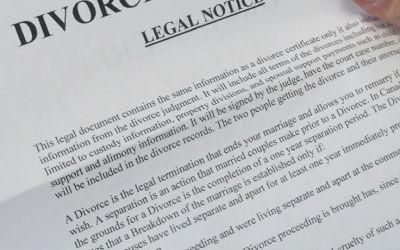
Exploring Saudi Arabia’s Evolving Changes to Expat Marriage Laws: What You Need to Know
Table of Contents ▼
In recent years, Saudi Arabia has witnessed significant changes in its legal landscape, including reforms aimed at modernizing and streamlining various aspects of daily life. Among these reforms are updates to expat marriage laws, reflecting the Kingdom’s commitment to fostering a more inclusive and welcoming environment for expatriates residing within its borders.
What do the Saudi Arabia changes to expat marriage laws mean for couples?
1. Expansion of Permissible Marriages: One notable change in Saudi Arabia’s expat marriage laws is the expansion of permissible marriages for non-Saudi nationals. Previously, expatriates were generally required to marry within their own nationality or obtain special permission for intercultural marriages. However, recent reforms have relaxed these restrictions, allowing expats greater freedom to marry individuals of different nationalities or cultural backgrounds.
2. Simplified Marriage Procedures: Another significant development is the streamlining of marriage procedures for expatriates in Saudi Arabia. The government has introduced measures to simplify the process of obtaining marriage licenses and certificates, reducing bureaucratic hurdles and administrative burdens for couples seeking to formalize their unions. These reforms aim to make the marriage process more accessible and efficient for expats residing in the Kingdom.
3. Recognition of Foreign Marriages: Saudi Arabia has also taken steps to recognize foreign marriages more readily, acknowledging unions that have been legally solemnized in other countries- meaning that destination weddings are a great option for expats. This recognition facilitates the integration of expatriates into Saudi society and ensures that their marital status is duly recognized under Saudi law, providing greater legal certainty and protection for expat couples.
4. Enhanced Legal Protections: Expatriates marrying in Saudi Arabia now enjoy enhanced legal protections and rights, including provisions for marital and inheritance rights, divorce proceedings, and child custody matters. These legal safeguards aim to ensure that expat couples are afforded equitable treatment under Saudi law and have access to recourse in the event of marital disputes or dissolution.
5. Cultural Sensitivity and Inclusivity: The reforms to expat marriage laws reflect Saudi Arabia’s commitment to promoting cultural sensitivity and inclusivity within its diverse expatriate community. By embracing intercultural marriages and recognizing the rights of expat couples, the Kingdom seeks to foster a more tolerant and harmonious society that celebrates diversity and respects individual freedoms.
6. Supportive Services for Expats: Alongside changes to marriage laws, Saudi Arabia has bolstered support services for expatriates, including legal assistance, counseling, and guidance on marriage-related matters. These services aim to provide expat couples with the information and resources they need to navigate the complexities of marriage in Saudi Arabia and ensure a smooth transition into married life.
7. Continued Progress and Adaptation: While significant strides have been made in reforming expat marriage laws, Saudi Arabia continues to prioritize progress and adaptation in response to evolving societal needs and global trends. The Kingdom remains committed to enhancing the rights and protections of expatriates and fostering an environment that is conducive to the well-being and prosperity of all residents.
Are these changes to expat marriage laws positive?
In conclusion, Saudi Arabia’s changes to expat marriage laws signify a positive shift towards greater inclusivity, efficiency, and legal protection for expatriate couples residing in the Kingdom. By embracing intercultural marriages, simplifying marriage procedures, and enhancing legal safeguards, Saudi Arabia reaffirms its commitment to creating a more welcoming and supportive environment for its diverse expatriate population.


